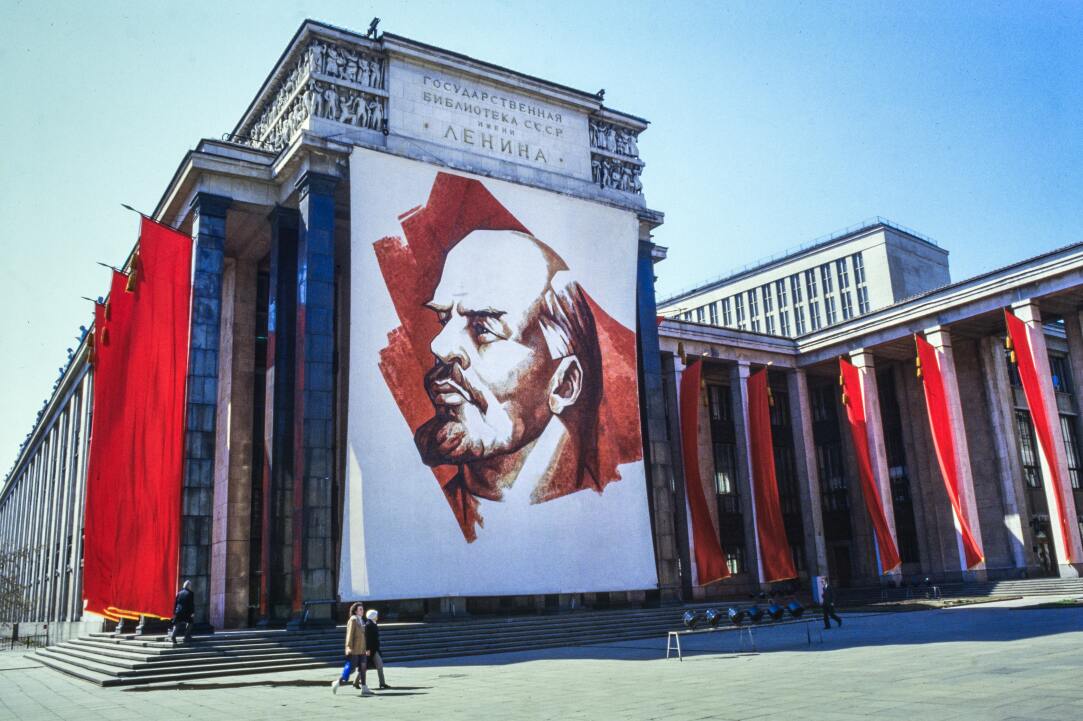
‘It’s a Very Small Area of Political Science, and Working to Redress That Is Very Satisfying’
On March 15, Judas Everett defended his doctoral dissertation ‘The Effect of the Patterns in the Dissolution of Communism on the Transition to New Systems in Eastern Europe’, which investigates the relationship between the demise of communist regimes in Central and Eastern Europe and the quality of democracy in the post-communist regime. The defence took place remotely. His academic supervisor was Professor Andrey Akhremenko of the HSE University School of Politics and Governance at the Faculty of Social Sciences. In his interview, Judas talks about the topic of his research and explains why political science is more important than ever.
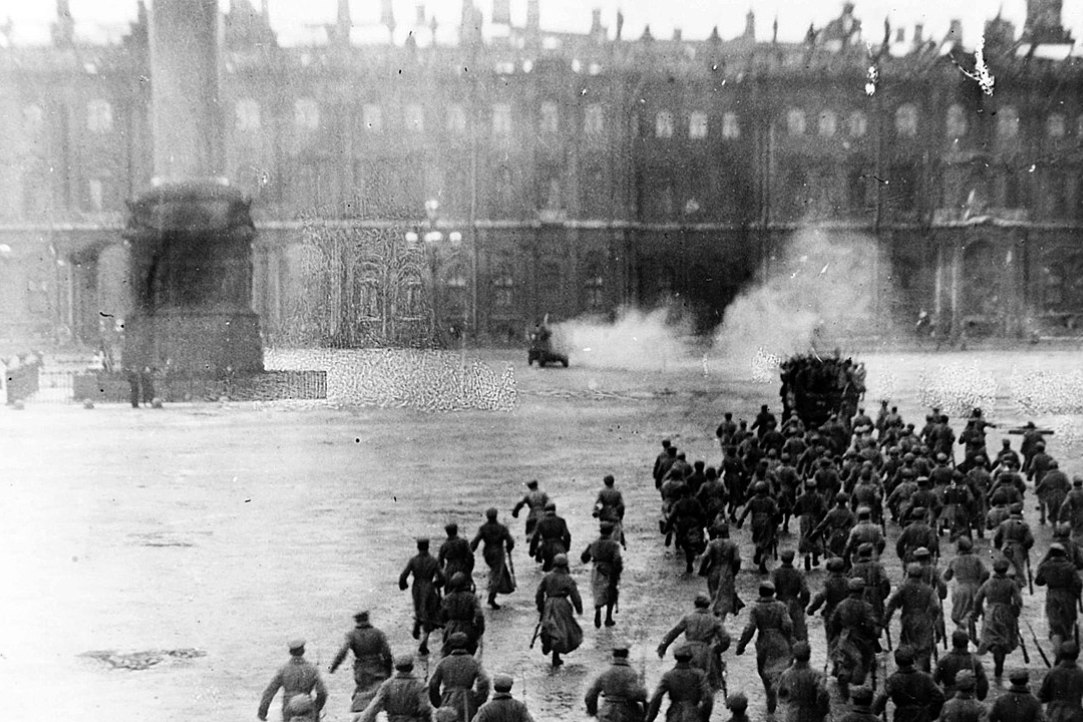
Cliometrics: 20th-century Revolutions Came in Waves
Having studied the 20th century revolutionary processes, Andrey Korotayev (HSE), Leonid Grinin (HSE) and Anton Grinin (MSU) have put together an extensive evidence base, proposed a new typology of revolutions and revolutionary waves, and introduced the concept of 'analogues of revolutions'. Their study '20th Century Revolutions: Characteristics, Types, and Waves' is the follow-up to an earlier paper published in Russian. The new findings are presented in Humanities & Social Sciences Communications.
Master's Programme 'Politics. Economics. Philosophy': Perfect Combination of Three Disciplines
Modelled on classical British programmes, the HSE Master's Programme 'Politics. Economics. Philosophy' (PEP) helps students delve deeper into economics and political science, broaden their philosophical outlook, develop their critical thinking skills, and enhance their social and academic capital. HSE News Services spoke with current first-year student Tamás Barnák and programme alumnus Franz Walternberger about why they chose PEP and what it is like to study at HSE University.

'State Owes Me': Social Justice, as Seen by Russian University Undergraduates
'I am the state' ('L'etat c'est moi') is a phrase attributed to French king Louis XIV. For Russian undergraduates today, the motto seems to be 'the state owes me'. According to many of them, the government must support younger people above all else, and this is what they understand by social justice. Read on to learn what else Russian undergraduates think about justice and why they are not willing to make sacrifices to achieve it, based on a paper by HSE political scientists Valeria Kasamara, Marina Maximenkova and Anna Sorokina.

Student Internship Programme at the
In April 2020, the Institute for Applied Political Studies (IAPS) launched an internship programme. Programme interns work together with Institute staff on joint projects, as well as acquire new research and communication skills. 40 students are currently participating in the programme
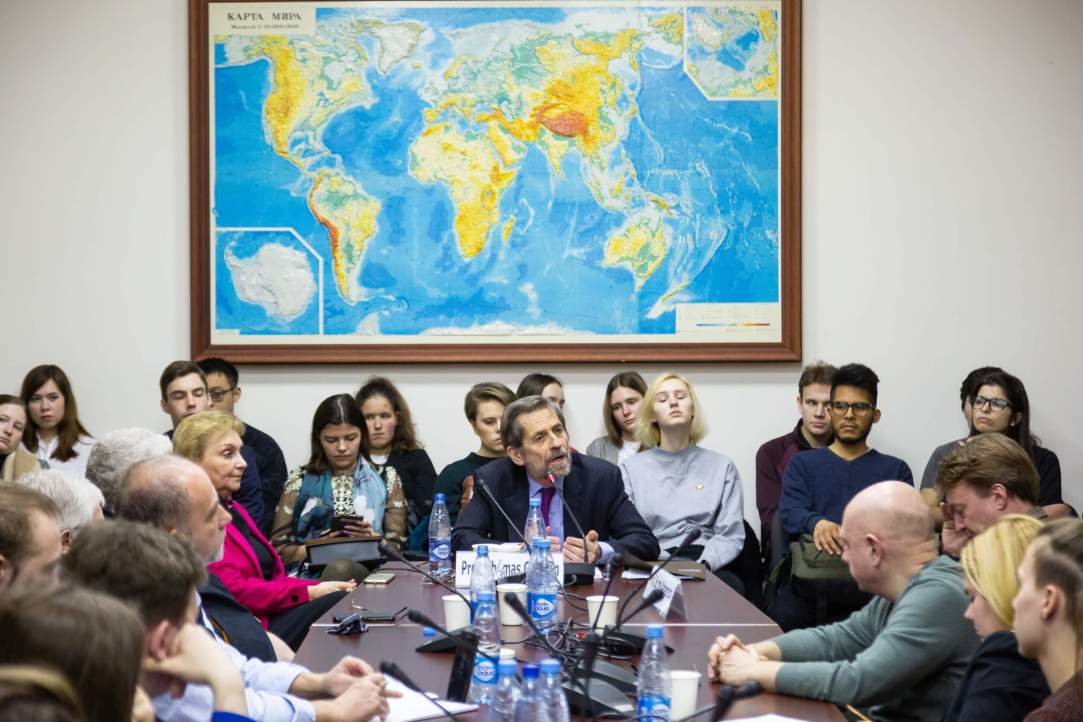
American Political Scientist Thomas Graham Speaks at HSE
On January 22, Thomas Graham, former Special Assistant to the President of the United States on Russian and Eurasian affairs (2004-2007), spoke to faculty and students of the Faculty of World Economy and International Affairs about the fundamentally competitive nature of US-Russia relations and prospects for cooperation between the two countries.
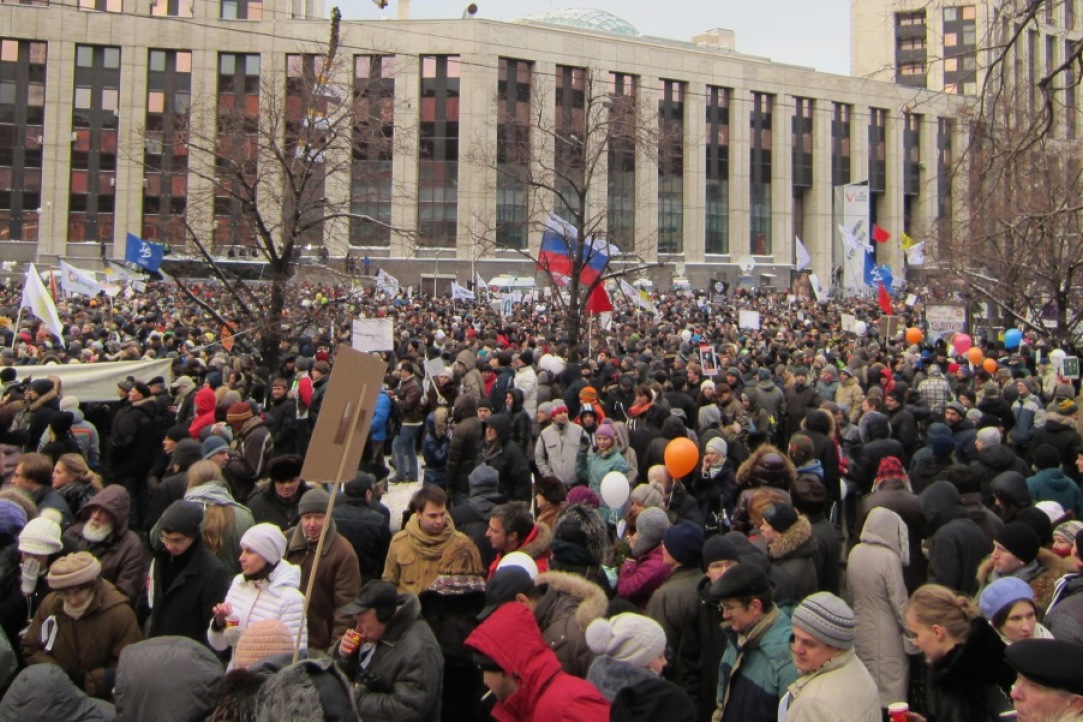
How Moral Obligation Drives Protest
Researchers have long studied the motives that inspire people to join in collective action. Three factors have received particular attention: anger caused by apparent social injustice; belief in the efficacy of collective action; and politicised identity. New studies have recently prompted a team of scholars, including a HSE researcher, to incorporate two additional factors into the existing model: ideology and moral obligation.
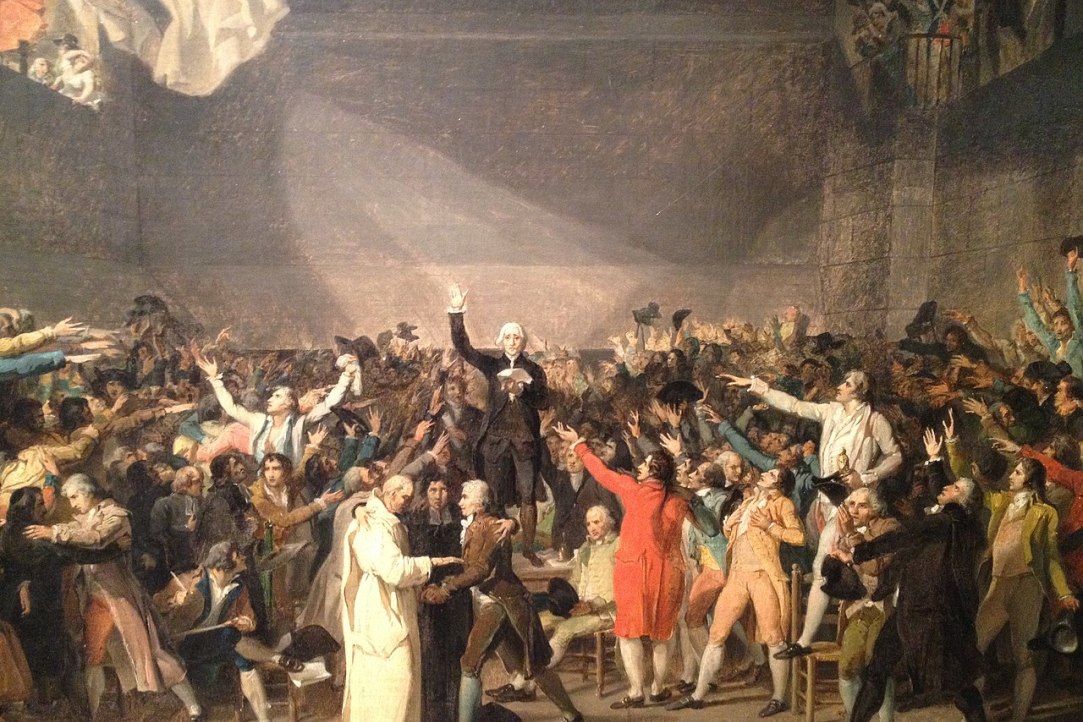
Democracy Isn’t for Everyone: Russians Adopt Western Values but See Them in Their Own Way
Europe wants to live in a democracy. This is especially true for residents of countries of Northern Europe, but less so for those of former socialist countries, especially Russia. While almost everyone has a positive attitude towards democracy, people have different understandings of it. Alla Salmina studied the relationship between attitudes and understandings of it using the data of 28 countries that participated in the European Social Survey (ESS).
Socialism on the Steppe: How Soviet Specialists Changed Life in Mongolia
‘We tried to give them a bright future.’ These are the words of engineers, construction workers, geologists, doctors and other specialists from the former Soviet republic regarding the years they spent in Mongolia. Those Soviet-era specialists are still united by the memory of trying to build something on such a grand scale and then seeing the whole project collapse. More than 100 members of that community agreed to be interviewed in-depth by political scientist Alexei Mikhalev. Here, he shares information from their collective memory with IQ.HSE.
State Capacity: How It Is Measured and Compared
‘State capacity’ refers to a state’s ability to make and effectively implement decisions in domestic and foreign policy. In a study, HSE University political scientists evaluated the state capacity of 142 countries. Based on their findings, the researchers created and trialed a state capacity index, identified eight models of state capacity, and compiled a general international ranking.

